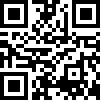| Course Number |
Course Title |
Credits |
| INT100 |
|
Performance I
This course is an interdisciplinary live performance class based on standard introductory level repertoire for R&B, Blues, Rock and Pop styles. Students perform on stage weekly in a live interactive ensemble format with voice and rhythm section instrumentation that emulates professional gigging scenarios. The emphasis is on execution of melody, rhythm, chords, form, and improvisation. Materials such as sheet music, charts, play along tracks, lyrics, video tutorials are provided via Canvas Learning Management System. |
4 |
| INT200 |
|
Performance II
This course is an interdisciplinary live performance class based on standard intermediate level repertoire for R&B, Blues, Rock and Pop styles. Students perform on stage weekly in a live interactive ensemble format with voice and rhythm section instrumentation that emulates professional gigging scenarios. The emphasis is on execution of melody, rhythm, chords, form, and improvisation. Materials such as sheet music, charts, play along tracks, lyrics, video tutorials are provided via Canvas Learning Management System. Prerequisite: Performance I. |
4 |
| INT300 |
|
Performance III
This course is an interdisciplinary live performance class based on standard intermediate-advanced level repertoire for R&B, Blues, Rock and Pop styles. Students perform on stage weekly in a live interactive ensemble format with voice and rhythm section instrumentation that emulates professional gigging scenarios. The emphasis is on execution of melody, rhythm, chords, form, and improvisation. Materials such as sheet music, charts, play along tracks, lyrics, video tutorials are provided via Canvas Learning Management System. Prerequisite: Performance II |
4 |
| INT400 |
|
Performance IV
This course is an interdisciplinary performance class based on standard advanced level repertoire for R&B, Blues, Rock and Pop styles. Students perform on stage weekly in a live interactive ensemble format with voice and rhythm section instrumentation that emulates professional gigging scenarios. The emphasis is on execution of melody, rhythm, chords, form, and improvisation. Materials such as sheet music, charts, play along tracks, lyrics, video tutorials are provided via Canvas Learning Management System. Prerequisite: Performance III. |
4 |
| INT301 |
|
Studio Performance III
This course is an interdisciplinary studio performance class based on standard intermediate-advanced level repertoire for R&B, Blues, Rock and Pop styles. Students perform in the recording studio weekly in an interactive ensemble format with voice and rhythm section instrumentation that emulates professional recording sessions. The emphasis is on execution of melody, rhythm, chords, form, and improvisation. Materials such as sheet music, charts, play along tracks, lyrics, video tutorials are provided via Canvas Learning Management System. |
4 |
| INT401 |
|
Studio Performance IV
This course is an interdisciplinary studio performance class based on standard advanced level repertoire for R&B, Blues, Rock and Pop styles. Students perform in the recording studio weekly in an interactive ensemble format with voice and rhythm section instrumentation that emulates professional recording sessions. The emphasis is on execution of melody, rhythm, chords, form, and improvisation. Materials such as sheet music, charts, play along tracks, lyrics, video tutorials are provided via Canvas Learning Management System. Prerequisite: Studio Performance III. |
4 |
| INT105 |
|
Skills Lab
This lab course is designed to help the student gain awareness of “soft skills” such as behavior, habits, work ethic, etc., in a fun and engaging way. Students will complete the course with a better understanding of their own strengths and areas in need of improvement. Students will gain tools to help them succeed in their academics and beyond. |
1 |
| INT145 |
|
Music Theory Essentials I
This class covers the basic elements of music theory, ear training and notation. Diatonic harmony, major and minor key signatures, triads and 7th chords, scale harmonization, meters, basic rhythmic notation, and chord symbol conventions. Students will practice recognizing fundamental musical elements by ear. Basic keyboard skills will be covered including chords, scales and reading. |
3 |
| INT245 |
|
Music Theory Essentials II
This class focuses on scales, modes and linear structures needed for improvisation and melody. Ear training and dictation of melody and diatonic chord progressions are covered. Advanced notation concepts including form, articulation and syncopated rhythm are included. Harmonic concepts are practiced and reinforced using keyboard. Prerequisite: Music Theory Essentials I. |
3 |
| INT495 |
|
Music Business
Presenting concepts and practices that cover several areas of the constantly changing music industry. Students will learn about such things as booking, agency contacts, performing rights organizations, copyright and trademark, record label anatomy, artist management agreements, tax information, resume and self-promotion. |
1 |
| Number of Interdisciplinary Credits Required |
32 |


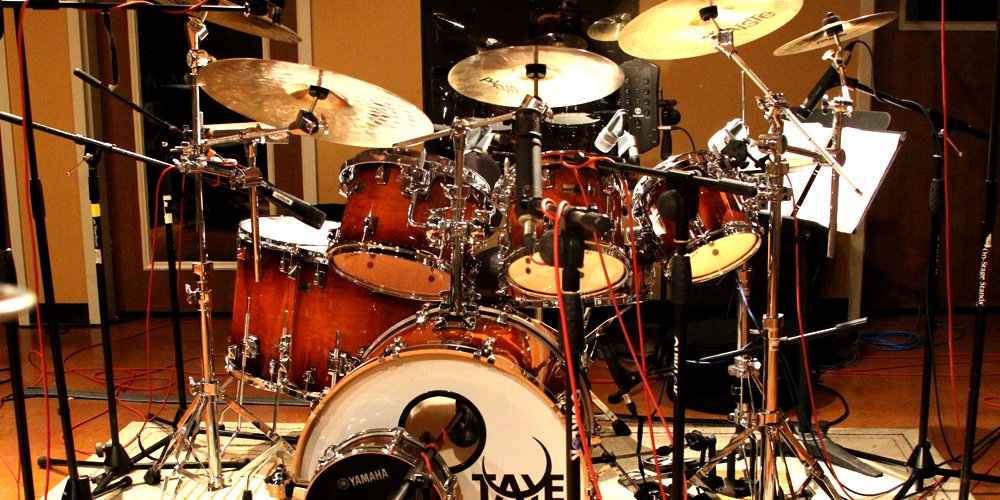
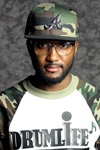 Get the inside scoop on Gospel Chops with Guitar Center Drum Off Grand Champion Jerome Flood.
Get the inside scoop on Gospel Chops with Guitar Center Drum Off Grand Champion Jerome Flood.


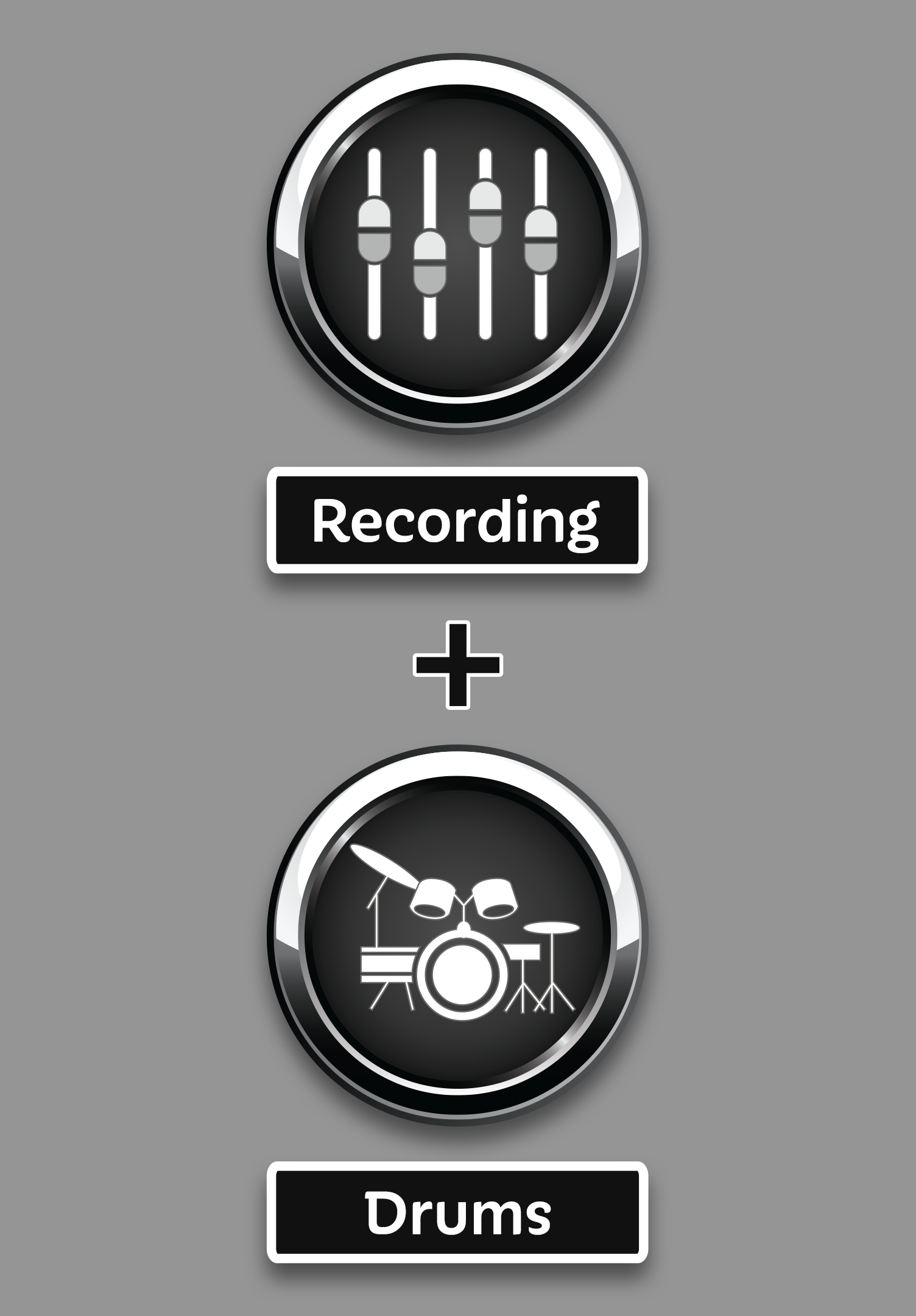
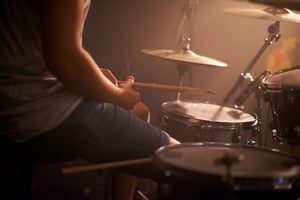 f you are looking to increase your drumming abilities and technical skills through proven and intricately designed coursework, then the Music and Technology Degree is perfect for you.
f you are looking to increase your drumming abilities and technical skills through proven and intricately designed coursework, then the Music and Technology Degree is perfect for you.
